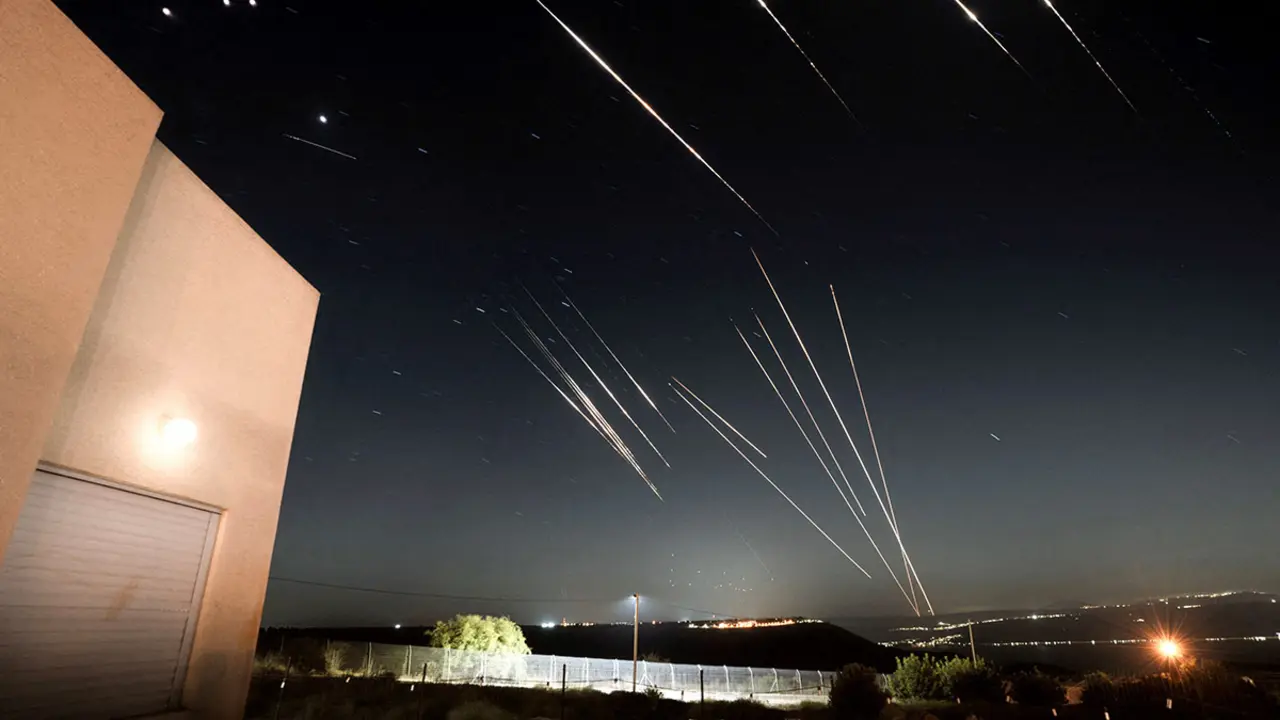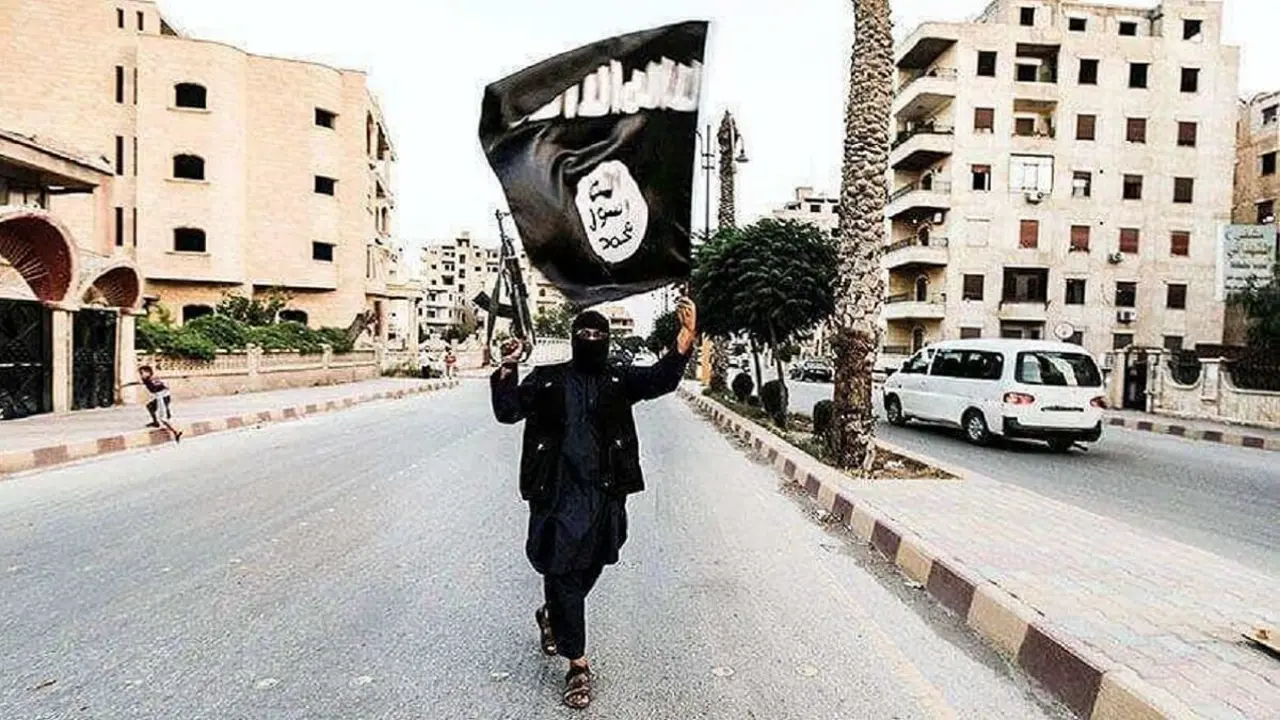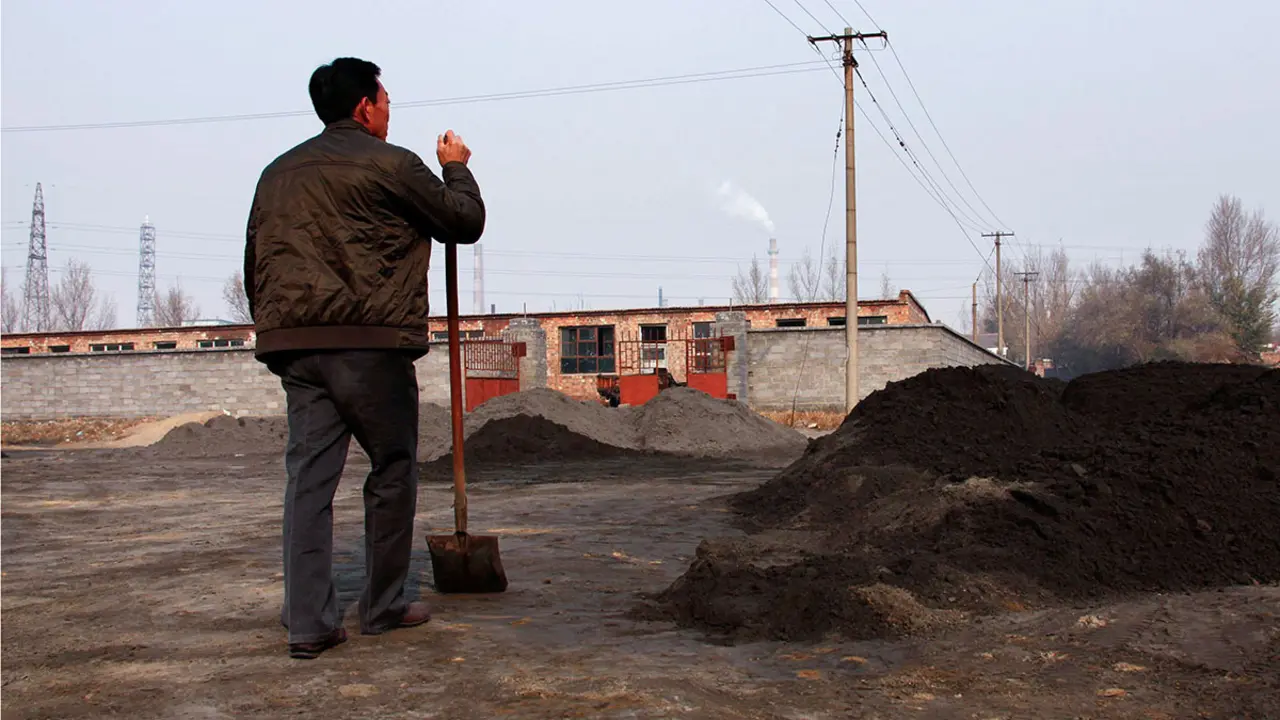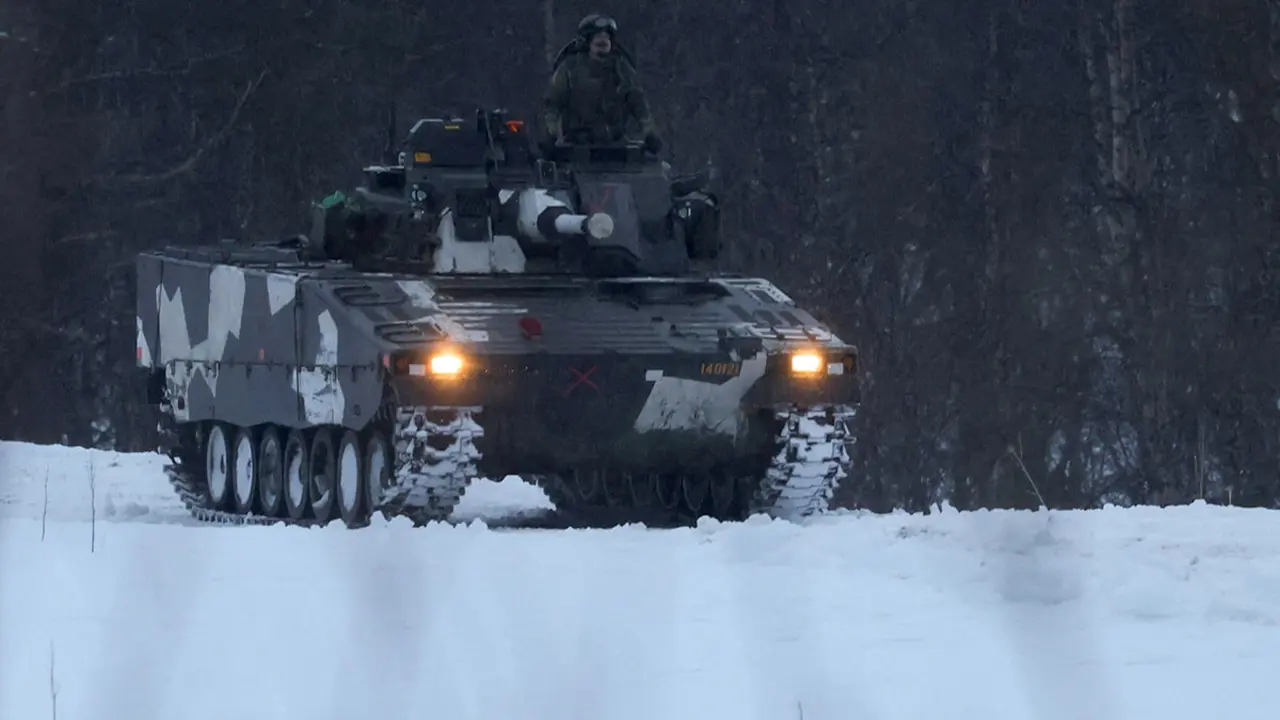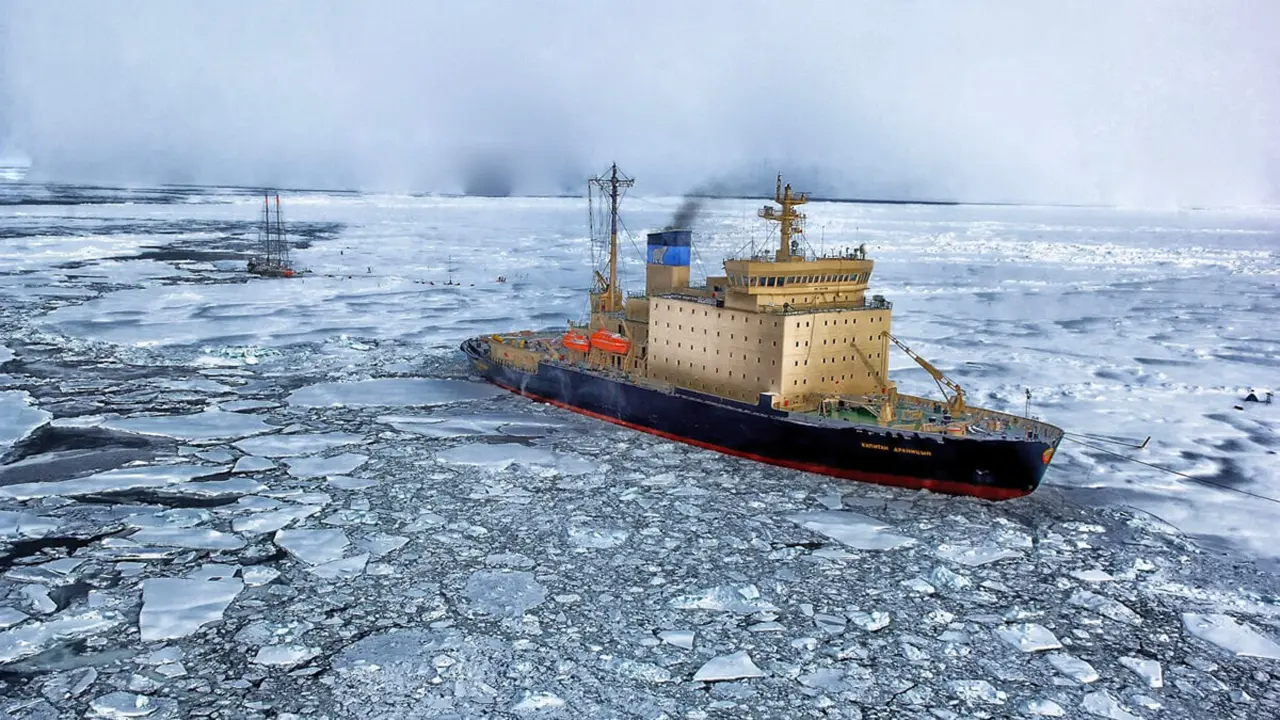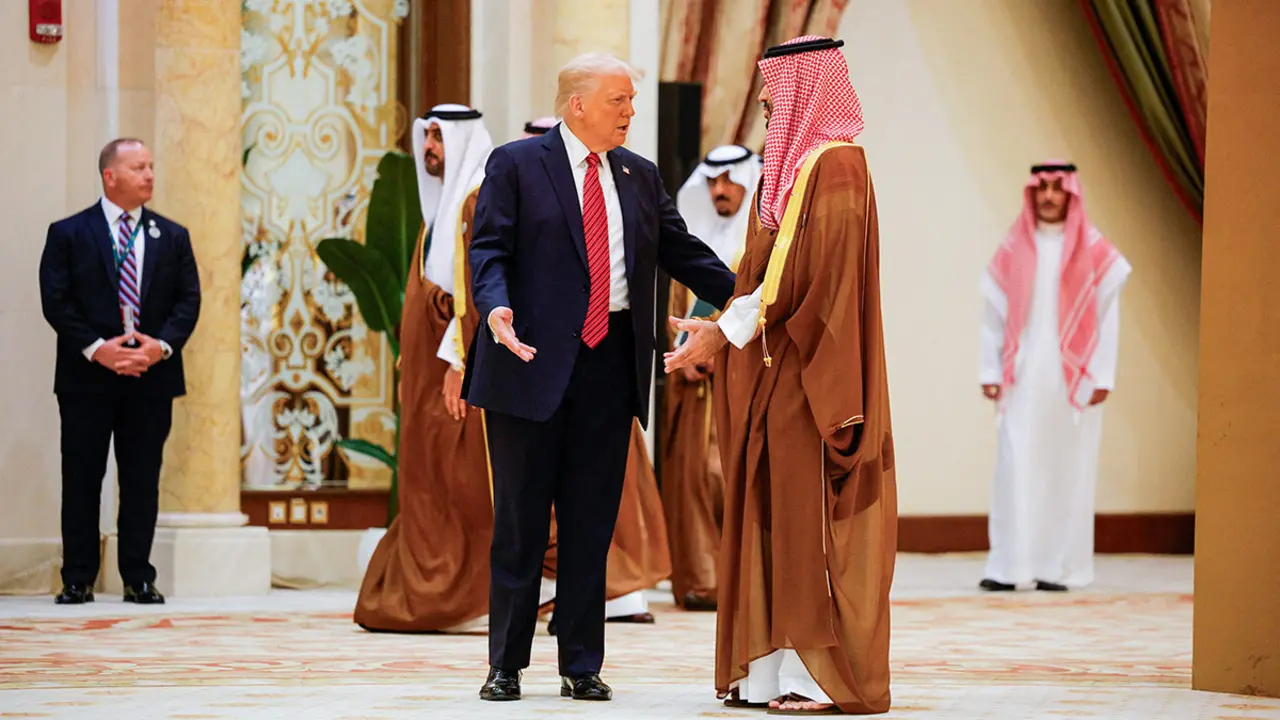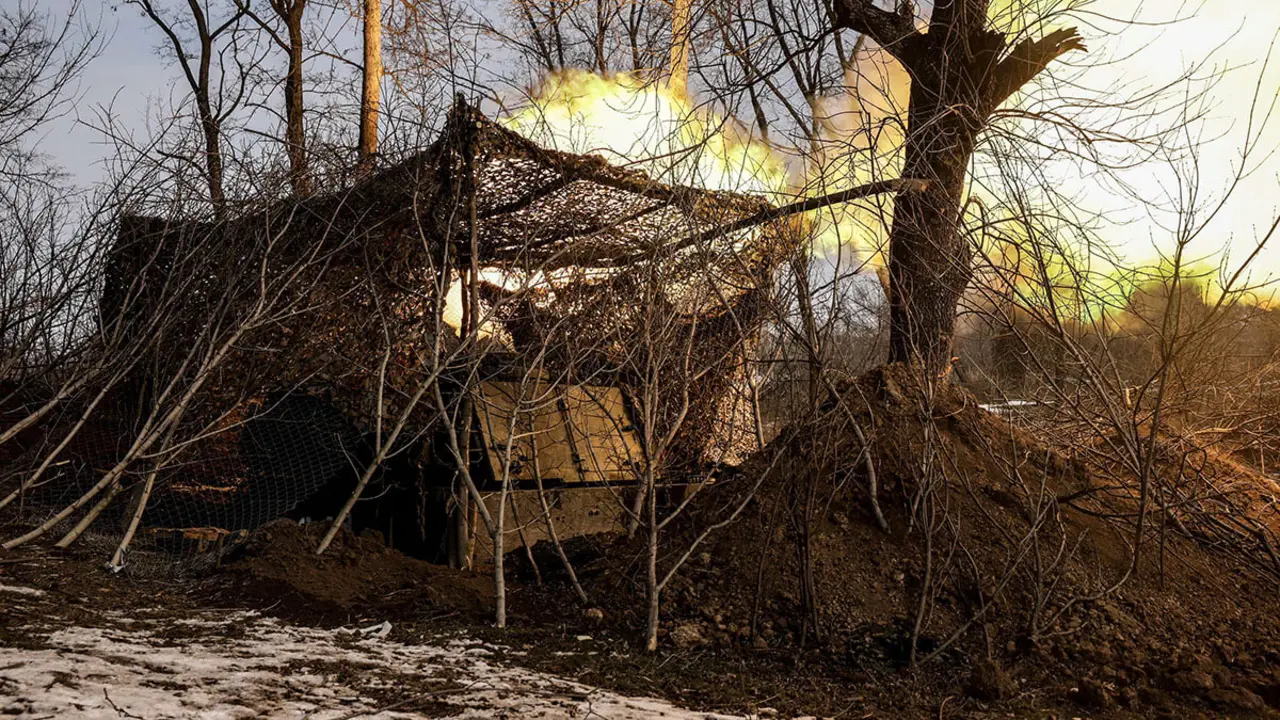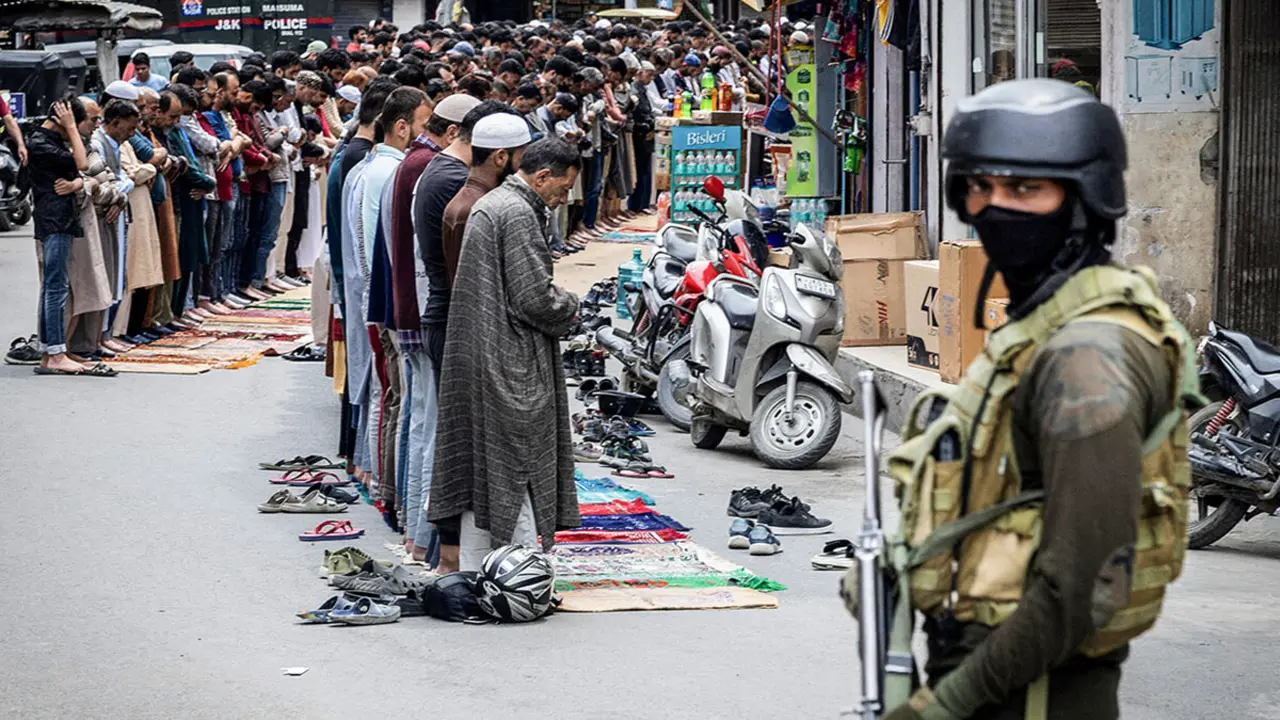Israel's game in Azerbaijan: arms sales and reports on Iran

A Christian country (Armenia) tells a Jewish country (Israel) to stop selling weapons to a Muslim country (Azerbaijan). A curious triangle that shows that, when talking about businesses and millions of dollars in arms sales, religious or other issues take a back seat.
"Israel's supply of super-modern weaponry to Azerbaijan is particularly unacceptable in the midst of a large-scale aggression by this country against Armenia and Artsaj (Nagorno-Karabakh)," said Anna Nagdalián, foreign spokesperson of the Armenian government, during a press conference. "Such a position is unacceptable to us, and we took the decision to withdraw our ambassador for consultations," she continued.

On Thursday night, Armenia called its ambassador to Israel for consultations due to the sale of Israeli arms to the Azeri country, just two weeks after Armen Smbatyan was appointed Armenian ambassador to Israel. On the same day, Azerbaijan recognised the use of Israeli-made weapons in its combats against the Armenian forces.
For its part, the Israeli foreign ministry regretted Armenia's decision to withdraw its ambassador. Relations between Armenia and Israel have always been tense, as the Jewish country has never recognised the Armenian genocide committed by the Ottoman Empire in 1915
But why does Israel support Azerbaijan? Muslim Azerbaijan has had relations with Jewish Israel almost since its independence in 1991 and today Azerbaijan provides Israeli intelligence with information on Iran, making it difficult for Tel Aviv to abandon such an ally during a war. It seems that it matters little that both Azerbaijan and Iran are Shiite states, as the fact that the Baku government is strongly secular, despite the fact that its population is largely Shiite Muslim, makes the strange Hebrew-Muslim alliance possible. Tel Aviv and Baku share the same goal: to control Iranian Islamist propaganda.
In 2016 the magazine Foreign Policy suggested that the alliance between Israel and Azerbaijan had deepened and in the same publication reported the arrival of an agreement between the two countries to allow Tel Aviv to use Azeri airports should it decide to carry out a military attack on Iran's nuclear installations.

In connection with this cooperation, the Israeli newspaper Haaretz published bank reports that revealed money transfers from the Israeli defence giant Israel Aerospace Industries to two companies suspected of money laundering for the Azerbaijani government. The transfers, according to Haaretz's information, began a few months after a $1.6 billion arms deal was signed with the Azeri regime.
The Hebrew country is not a direct participant in the recent disputes between Armenia and Azerbaijan in the Nagorno-Karabakh region (which is officially within Azerbaijan's borders), but its collaboration is essential for the rearmament of the Azeri army. Already in 2012 reports emerged of a $1.6 billion purchase by Azerbaijan of weapons manufactured by the same Israeli company.
Israel and the country of the Caucasus established diplomatic relations in April 1992, and in 1993, the Hebrew country opened its embassy in the Azeri capital. Since then relations have been maintained and even deepened, as exemplified by the trip of the Israeli prime minister, Benjamin Netanyahu, to Baku in 2016. That same year Netanyahu said that the Azeri country had purchased weapons worth five billion dollars from his country, including unmanned aerial vehicles and satellite systems. A year later, the Stockholm International Peace Research Institute (SIPRI), a group of experts on armed conflict, reported that Baku had purchased $127 million in military technology. The institute also reported that during 2006 and 2019, Azerbaijan spent about $825 million on weapons, including drones, ammunition, anti-tank missiles and a surface-to-air missile system.

In 2012 the Institute was already talking about the arms acquisitions of both countries, which indicated a high risk of a resumption of conflict in the region. Moreover, in a video interview with Israel's Walla news website on Wednesday, Azerbaijan's presidential aide Hikmat Hajiyey said Azerbaijan was using "some" Israeli-made drones in the fighting around Nagorno-Karabakh, without specifying how many.
("We have) one of the strongest (drone) fleets in the region. And among them we have the Israelis, we also have other drones, but especially the Israeli drones, including reconnaissance and attack drones, and the kamikaze 'Harop' drones, (which) have proven to be very effective," Hajiyev said.This alliance is based on a number of geostrategic factors: the first is Azerbaijan's loss of political control over Nagorno-Karabakh and the need to reverse this situation through a powerful military programme, which has made it a major importer of Israeli defence technologies. Jewish defence companies have trained Azerbaijan's special forces, built a security system for Baku airport and improved Soviet-era military equipment (tanks).
To complicate matters further, Iran appears to support Armenia more militarily, but its position must fluctuate between real support and measured declarations, owing to the fact that it has a large Azeri population within its own borders. Relations between Azerbaijan and the Islamic Republic are complicated. Both share a border and a heritage. The Azeris lived for a time under the Persian Empire. In 1813, the Treaty of Gulistan signed after the first Russian-Persian war divided the Azeri people in two. Those in the north lived under Soviet domination and are now in an independent Azerbaijan, and those in the south lived under the Persian Empire, now the Islamic Republic of Iran.

If the puzzle the Caucasus has become is complicated, Russian and Turkish interests in the region entangle it somewhat more. Russia is an important supplier to both sides. Yerevan has a limited range of suppliers and depends on Moscow as its arms supplier. In contrast, Azerbaijan has made important production with Israel, South Africa and Turkey, in their attempt to use foreign technology to develop an indigenous arms industry, says SIPRI.
Ankara has become Azerbaijan's main supporter and this was made public by Recep Tayyip Erdogan's government in a statement this week: "We support Azerbaijan on the ground and at the negotiating table", and also by sending mercenaries to Baku, although the Azeri government has denied the presence of fighters from Syria on Azeri soil.
In 1992, in response to the armed conflict between Armenia and Azerbaijan over the Nagorno-Karabakh area, the Organisation for Security and Cooperation in Europe (OSCE) asked its participating states to impose an embargo on arms deliveries to forces fighting in the area. This was a voluntary multilateral arms embargo, and several OSCE participating states have since supplied weapons to Baku and Yerevan, such as Russia and Turkey.
In 1994 the OSCE set up the Misk Group with the aim of restoring peace in the area. Made up of Russian, French and American diplomats, the aim was to withdraw Armenian forces and return the territory to Baku, but despite achieving a ceasefire in 1994, the conflict continued to be unresolved and there has been a return to an escalation of violence on several occasions. This Thursday the presidents of Russia, Vladimir Putin, the United States, Donald Trump, and France, Emmanuel Macron, "firmly" condemned the armed clashes in the area. "We call on (...) Armenia and Azerbaijan to immediately assume, in good faith and without preconditions, the obligation to resume negotiations for the settlement" of the conflict, they said in a joint statement.
In 2016, both the European Union and the United Nations rejected the annexation of Nagorno-Karabakh and the use of force in the region by Armenia. For Europe, the pipeline that runs through Baku-Tbilisi-Ceyan supplying energy resources is crucial to meet its energy needs. In this new skirmish the international organisations have once again called for moderation and respect for a ceasefire, as well as the beginning of a diplomatic process leading to sustainable peace.
With the upsurge in fighting in the area in recent days, the Azerbaijani Ministry of Defence pointed out that the Azeri forces had taken over the heights overlooking the Armenian-occupied town of Madagiz in the Tartar district to the east of Nagorno-Karabakh. For its part, the Ministry of Defence of the self-proclaimed Nagorno-Karabakh Republic (NKR), Artsaj for the Armenians, said that "fighting is going on in all sectors of the front". The NKR's deputy defence minister, Artur Sarkissian, reported on Friday that a further 54 Armenian soldiers were killed in the fighting with the Azerbaijani armed forces, bringing the total number of fatalities to 158 since 27 September.

So far neither country has been able to establish a military advantage that could translate into progress on the battlefield. However, both have declared martial law and have begun to mobilise their armed forces, with the risk of an intensification of the fighting. Azerbaijan and Armenia have defied calls for a ceasefire in the midst of the worst fighting in decades between the two over disputed territory. The United States, France and Russia jointly condemned the fighting in Nagorno-Karabakh in the southern Caucasus. But Turkey, an ally of Azerbaijan, also rejected the demands for a ceasefire. Nagorno-Karabakh is officially part of Azerbaijan, but is governed by Armenians of separatist ethnicity. Years of negotiations have never resulted in a peace treaty.
Azerbaijan and Armenia fought a war in 1988-94 over the territory that resulted in 25,000 deaths. Armenia supports the self-proclaimed republic but has never officially recognised it. Defined in the field of international relations as a frozen conflict, the escalation of violence in the southern Caucasus has returned and geostrategic interests in energy resources could turn the area into a theatre of war with the intervention of multiple actors.

